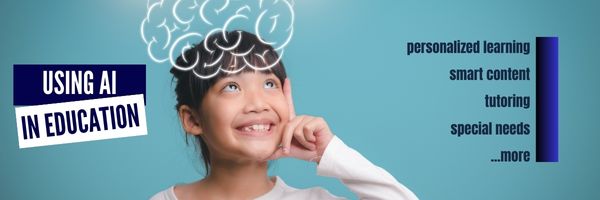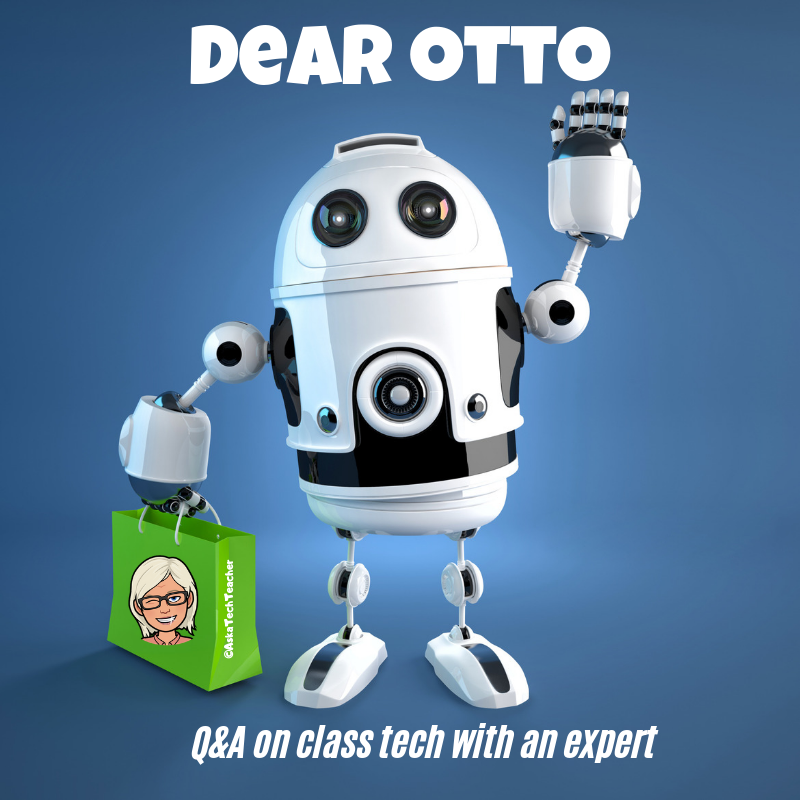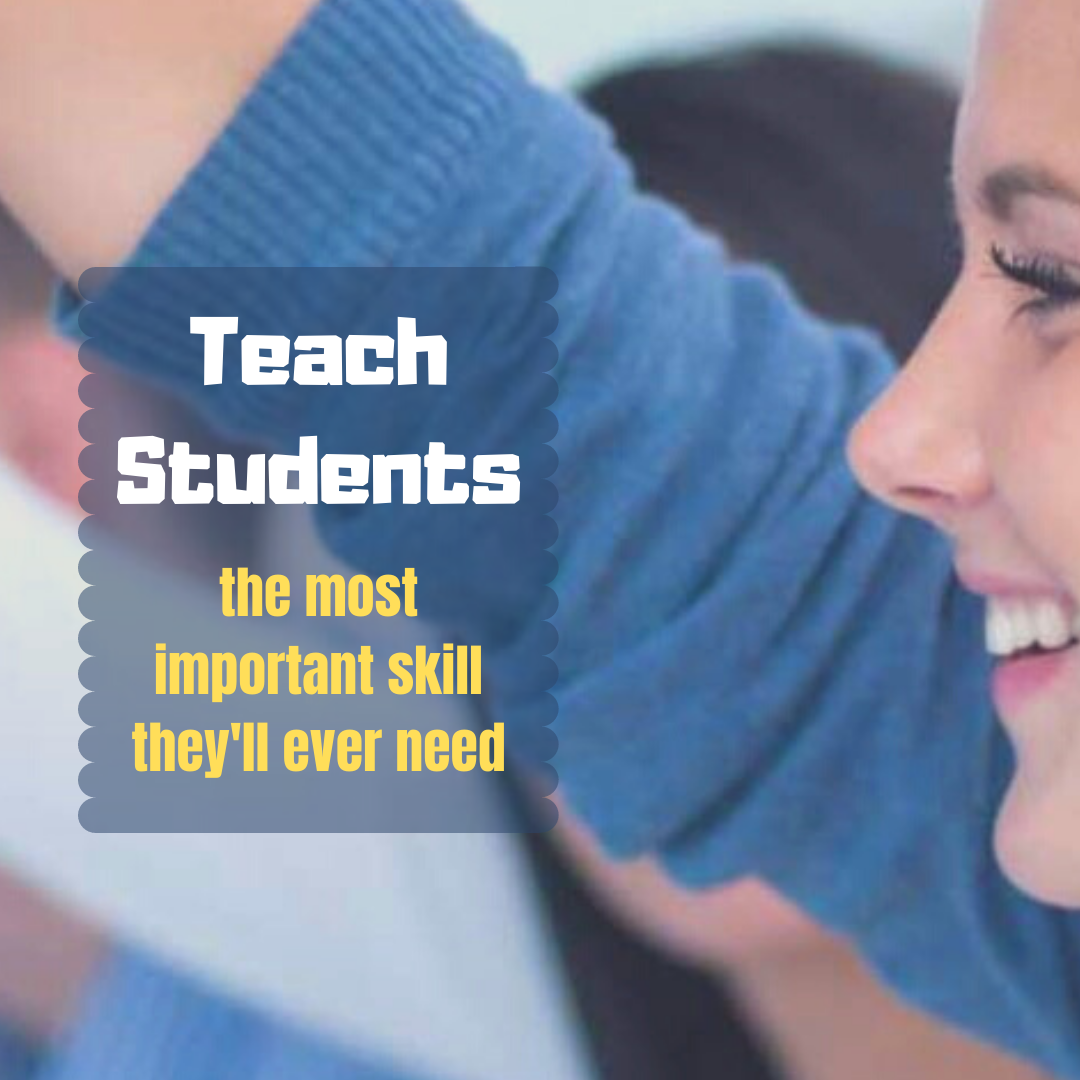From the Ask a Tech Teacher crew, here’s a topical article on how to use AI in your education journey:
The Role of Artificial Intelligence in Education
Technological innovation is now casting its shadows over the education sector as well, making learning experiences better than ever before. Better engagement, reduced pressure on students, and easy accessibility to learning are some of the many benefits that the education sector is receiving through technology.
In the last decade, technology and software delivery has improved tremendously due to the support from third-party solution providers like GitLab, Cloudbees, and Jfrog. Artificial intelligence is just one of the major technologies that is changing how we perceive learning and education.
AI in education is expected to grow 41% by 2025. With this rise, we are preparing for a global adoption of artificial intelligence in education. Moreover, artificial intelligence will allow education providers to offer a more customized experience to different learning groups. Let’s discuss how artificial intelligence is changing the education sector:
Transforming Education Through Artificial Intelligence:
AI is helping in personalizing education, optimizing processes, enhancing knowledge, and improving speed. These are just some of the benefits that are compelling education providers to adopt AI.
The main principles of AI tools are aimed at learning, self-correction, and reasoning. When we talk about learning, these tools can acquire and process new experiences as well as create new behavior models. Implementing AI technology seems to be one of the most promising ways to transform the education sector. As it enables easy interaction with other digital technologies, offers personal recommendations, provides individualized schedules, and customizes tasks. Meaning, each student receives a more personal approach toward learning. Besides, this approach increases the interest of students as they feel special.
Here are some significant roles of AI in the education sector.
1. Personalize Education:
Considering knowledge gaps is one of the essential roles of AI. Through different models, AI technology assists in finding how much a student knows about a particular topic. Moreover, it provides personalized study schedules according to the needs of each learner. Through this, AI is able to increase students’ efficiency.
To get these results, companies are training their AIs to determine and represent knowledge gaps based on the Knowledge Space Theory. Also, through machine learning, AI takes into account the challenges and complexity of scientific concepts.
2. Creating Smart Content:
There are a few ways AI is helping in building, presenting, and maintaining content when it comes to education:
-
-
- Information Visualization: AI helps in new ways of analyzing information. This is achieved through AI web-based study environments, simulations, and visualization.
- Digital Learning: With the help of AI, digital learning is now powered by more customized options, study guides, and digital textbooks.
- Updating Learning Content: AI takes into account the current education breakthroughs that happen daily and then, helps in regularly updating and generating new content. This allows for keeping information up-to-date.
-
3. Contributing To Task Automation:
Another significant role of AI is task automation, especially administrative tasks. With the implementation of AI, teachers can optimize grading, and replying to students to increase overall teaching efficiency. As a result, teachers can use that time for something more important such as educating themselves, improving lessons, and developing more engaging ways to teach.
4. AI-Powered Tutoring:
Personal study programs that continuously evolve consider the students’ gaps and fill those gaps during lessons. Teachers not having extra time to teach students outside of the classroom or parents struggling with challenging topics that need to be taught to a child are rather common instances. Many teachers lack this additional time that is needed and for this reason, AI-powered personal tutoring and support can be a great time-saver. With AI chatbots and virtual personal assistants, students can now learn better than ever before.
5. Access to Education for Special Needs Students:
The innovative tools in AI technology benefit all, as it is opening up new ways of interacting especially for students with learning disabilities. Students who have conditions like ASD, or who have special needs like hearing or visual impairment can reap benefits from AI-assisted programs.
Personalized Learning with AI
Personalization has changed how we experience technology. The main reason for implementing AI in education is the possibility to train AI to perform tasks thus minimizing cost, reducing time, scaling up processes, increasing efficiency, and providing better learning than ever before. For this reason, keeping up with the global technology trends and implementing the latest set of tools is now not just a choice, but a necessity. It’s important to note that Artificial Intelligence in itself is a developing technology, and the coming years will no doubt bring along more innovations when it comes to education.
Copyright ©2023 askatechteacher.com – All rights reserved.
Here’s the sign-up link if the image above doesn’t work:
https://forms.aweber.com/form/07/1910174607.htm
Jacqui Murray has been teaching K-18 technology for 30 years. She is the editor/author of over a hundred tech ed resources including a K-12 technology curriculum, K-8 keyboard curriculum, K-8 Digital Citizenship curriculum. She is an adjunct professor in tech ed, Master Teacher, webmaster for four blogs, an Amazon Vine Voice, CSTA presentation reviewer, freelance journalist on tech ed topics, contributor to NEA Today, and author of the tech thrillers, To Hunt a Sub and Twenty-four Days. You can find her resources at Structured Learning.







































I’m glad to learn of all of the productive ways that AI can be used in education. It seems everything I’ve read about AI lately has been about the negatives, so I appreciated a positive take on it.